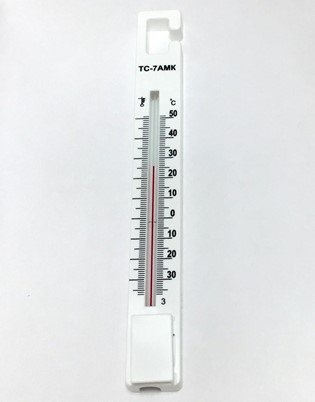Politico learned about the preparation of the EU list of Russians for the 9th package of sanctions

The authorities of Poland, Latvia, Lithuania and Estonia are trying to convince other EU countries and the European Commission to accept the next, ninth package simultaneously with the introduction of a ceiling on prices for Russian oil (this measure should come into force on December 5, the exact size of the ceiling amount has not yet been determined) . anti-Russian sanctions, the newspaper Politico reports, citing sources in diplomatic circles.
At the same time, the publication indicates that representatives of other EU countries fear that linking these two measures will only complicate the situation, and argue that a new package of sanctions is not yet ready. As a result, even an informal discussion of it at the level of the European Commission and the ambassadors of the EU countries has not yet begun.
According to two Politico interlocutors, the main measure within the package could be a large-scale expansion of the list of individuals who fell under EU sanctions, including a number of officials and “propagandists”.
According to Politico, the authorities of the EU countries have compiled a “long list” of those who may fall under new sanctions, and now European Commission experts are studying these proposals in order to include in the final list those who are definitely related to the hostilities in Ukraine. The interlocutors of the publication note that this is necessary in order to support the decision to impose sanctions legally, protecting it from being challenged in COURT.
The eighth package of EU sanctions against RUSSIA.What is important to know Economics
The previous, eighth package of sanctions against Russia was adopted by the European Union on October 6. In particular, it included the introduction of a price ceiling for Russian oil, a ban on the import of a number of goods and EXPORT restrictions. The latter will restrict Russia's access to goods for the defense sector and industry, technologies. In addition, the EU expanded restrictions on the use of crypto assets by Russians in European jurisdiction, banning the use of crypto wallets and crypto accounts, regardless of the amount on the account in euro equivalent (previously, the ban did not apply to amounts up to €10,000).
How EU sanctions work EU
restrictive measures prohibit European companies and banks from any economic activity with a sanctioned person and businesses owned by him. The basic rules for dealing with Russians under sanctions are formulated in the very first EU document on this topic - a regulation dated March 17, 2014, imposing restrictive measures for "actions that undermine the territorial integrity and sovereignty of Ukraine," a sanctions researcher at the European University Institute in Florence told RBC Jan Lepeu.
“No funds and economic resources should be provided directly or indirectly to individuals or legal entities, organizations and government bodies” included in the sanctions list, follows from the document.
In practice, this means that European companies are not entitled to supply goods (services) to a person included in the sanctions list and purchase goods (services) from him. This directly follows from two conclusions of the European Commission - from June 2020 and June 2021, dedicated to the analysis of sanctions cases (.pdf, pdf).
Read together with it:
- О самых распространенных причинах пожаров рассказали в МЧС2 октября, Минск. О самых распространенных причинах пожаров рассказал начальник главного управления надзора и профилактики МЧС Дмитрий Турчин на "Предупреждение чрезвычайных ситуаций в осенне-зимний период. Профилактика пожаров и гибели людей от них", которая прошла в БЕЛТА. "В республике наблюдается рост количества пожаров на 7,7%, и на 1......
- Роспотребнадзор приостановил работу воронежского мясокомбината из-за серьезных санитарных нарушенийОбнаружено, что предприятие не соблюдало требования к чистоте помещений и инвентаря, а также не осуществляло контроль за качеством пищевого сырья и условиями хранения продукции. Кроме того, работники не придерживались правил личной гигиены, не имели чистой санитарной одежды и не проходили необходимые медицинские обследования. В производственных помещениях не проводились регулярные уборки и дезинфе...
- Bloomberg узнал о плане G7 значительно ужесточить санкции против РоссииНовый пакет санкций будет включать меры, в частности, против энергетики, финансов и военной промышленности, а также крупнейших нефтяных компаний России. Разработку пакета G7 планирует завершить в октябре, выяснил BLOOMBERG Страны «Большой семерки» (G7) приближаются к соглашению о значительном ужесточении санкций в отношении России, сообщает агентство Bloomberg со ссылкой на проект заявления. «Мы с...




























































